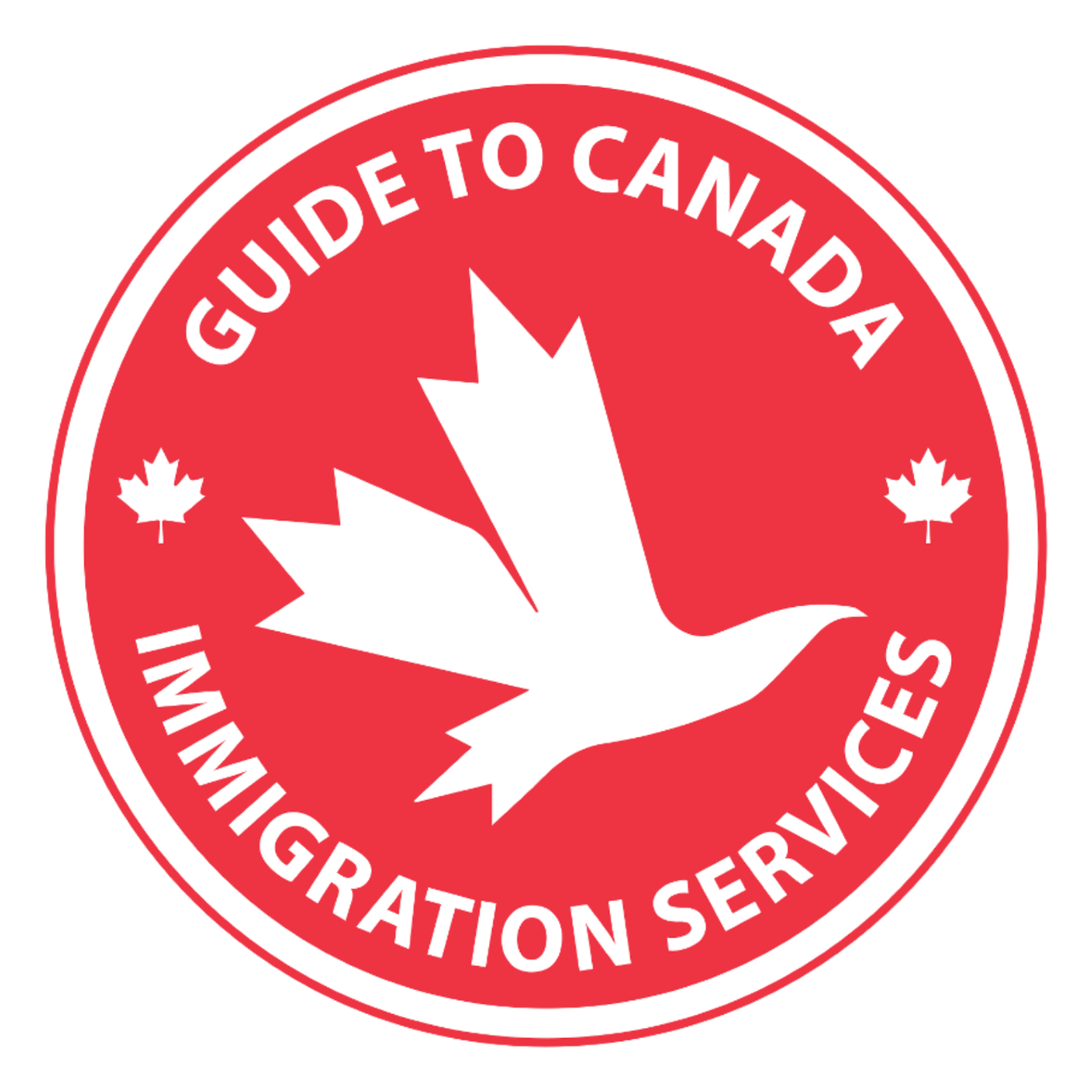
Travellers to Canada will now be required to obtain a negative COVID-19 test up to three days prior to travelling to Canada.
According to public health minister Bill Blair, there will also be more Canada Border Services Agency (CBSA) officers in airports and border crossings. In addition, the negative COVID-19 test requirement will not replace the 14-day quarantine.
This new policy is known by the acronym PCR, which is the National polymerase chain reaction (PCR) testing indication guidance for COVID-19.
Travellers who plan to break their quarantine for compassionate reasons such as to attend a funeral or to spend time with a loved one in their final moments, must first receive approval from the government of Canada prior to travelling.
The new PCR requirement comes after Quebec’s health minister, Christian Dubé called on the federal government to increase COVID-19 screening of those travelling to the country. The new requirement is also a response to Canada’s increasing COVID-19 cases. The country has over 550,000 cases, as of December 29.
Over 70,000 Pfizer vaccinations have been administered in Canada so far, according to a vaccine tracker developed by a student at the University of Saskatchewan. The numbers are based on each province’s updates.
What you need to know before travelling to Canada?
All travellers arriving in Canada are required to quarantine for 14 days. Failing to quarantine may result in six months in prison or up to CAD $750,000 in fines. Travellers must stay in their place of quarantine, and must have a plan on obtaining essential items such as groceries and medicine without leaving.
Travellers can only leave quarantine if they have a medical emergency, or if they have received approval prior to travelling to Canada.
Travellers are also required to install the ArriveCAN mobile application prior to arrival. In the application, they must fill in their personal information and their flight details. They will also be asked to complete a daily self-assessment through the application.
